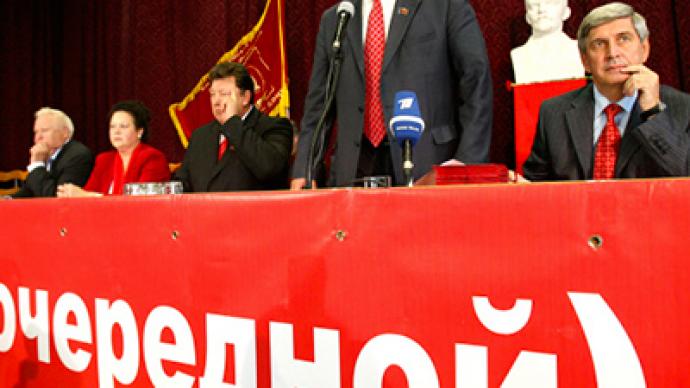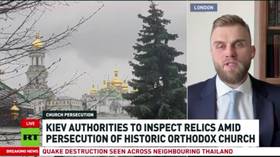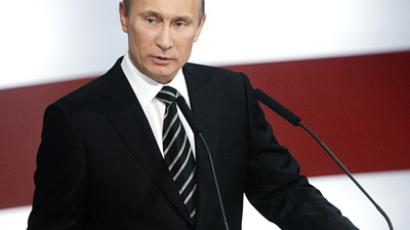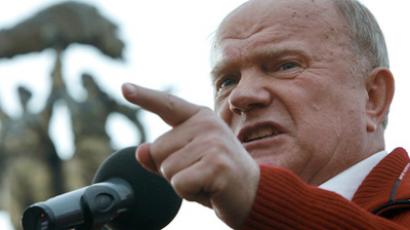Russia’s Communists will try to disband NATO if they win elections

The Russian Communists say the country’s foreign policy needs to change course as a new world order is looming.
The country’s course will be radically changed if the Communists come to power after parliamentary elections in December, the party’s leader Gennady Zyuganov has said. The Communist Party (CPRF) will work to disband NATO and establish a full-fledged alliance with Belarus and Kazakhstan. Russia could revive and remove external threats through a change of power, Zyuganov told the CPRF Central Committee’s plenary meeting held at the weekend. The Communists are planning to come to power via peaceful means to “change Russia’s fate in the interest of the masses,” he stressed.The plenum has tried to offer voters a new foreign policy course, a new economic policy and a reprioritization of societal concerns. Russia should be ready for future challenges as “the capitalist hawks” may threaten it during “a new round of global divisions,” Zyuganov warned. The lack of energy resources will only intensify, and “the course of events may prompt the US to carry out a more aggressive policy toward Russia,” he said.Now, the US is bound by their “military adventures” in Afghanistan and Iraq, while also being engaged in an aggressive military campaign against Libya, claims the CPRF leader. “They are hurrying to establish control over the Middle East and the North Africa, regions rich in oil,” he noted. “This region is strategically important for globalists.”If the Communists came to power, the foreign policy course would certainly be corrected, Zyuganov promised. It would be aimed at supporting “fair international relations, strengthening the role of the UN, limiting NATO’s influence and disbanding the alliance.” The CPRF is planning to work for the revival of the historic ties between the fraternal peoples of the USSR, which would be “based on the union of Russia, Belarus, Ukraine and Kazakhstan.” Zyuganov stressed that any attempts aimed at the de-Stalinization of Russia could also threaten the country’s sovereignty. Russia is the USSR’s successor, and disowning “the great cause and victories of the USSR would lead Russia into an international-legal trap,” he said.The presidential council on human rights in February put forward an initiative aimed at continuing de-Stalinization efforts, a move labeled as “a barbaric campaign” by the Communists.In domestic affairs, the Communists are continuing the formation of their Home Guard in connection with their party platform – to counterbalance the All-Russia Popular Front which is being created by Prime Minister Vladimir Putin and the ruling United Russia party. The Popular Front has been set up because United Russia “is losing its authority,” Zyuganov believes. “The decrepit structure is being preserved, but covered with a new mask,” Itar-Tass quoted him as saying. However, the Communists themselves take their Home Guard as a good way to attract more voters to a party that has failed to increase its electorate base considerably in recent elections. Ivan Melnikov, the first deputy chairman of the CPRF Central Committee, said that “support for the Communists amounts to 30-35 percent of the electorate,” citing independent sociological studies. Meanwhile, many analysts are quite skeptical about the CPRF’s chances in December. During the last elections to the State Duma in 2007, they only managed to receive about 12 percent of the vote. The Communists are largely relying on the votes of the so-called “protest electorate,” but they will be rather distributed between all the parties rather than going strictly to the CPRF.















